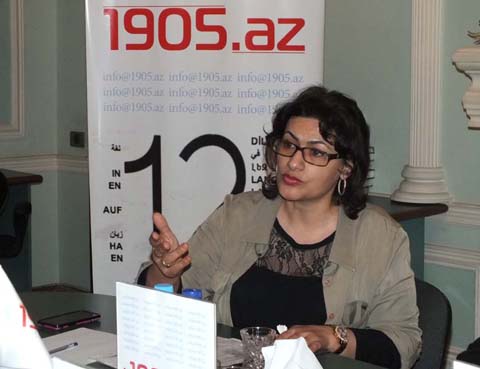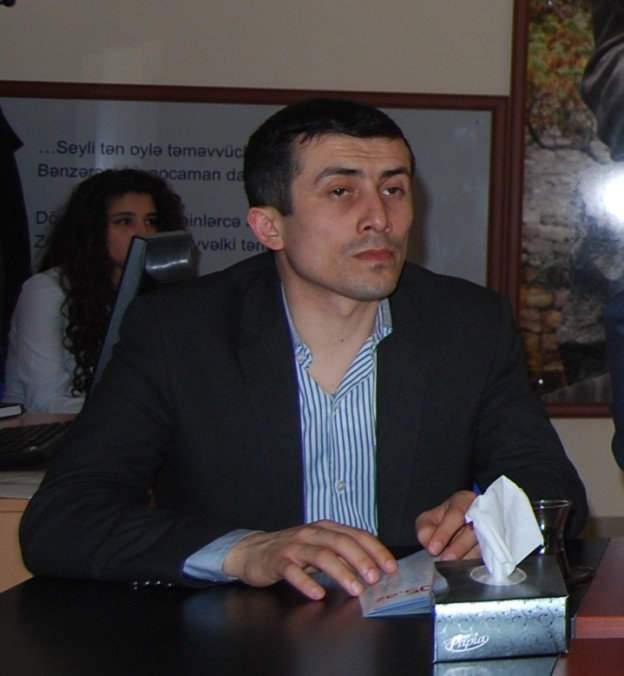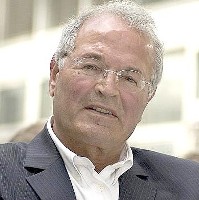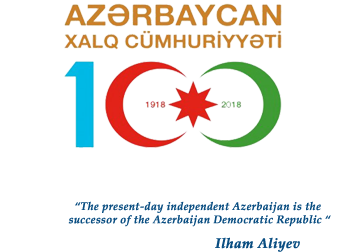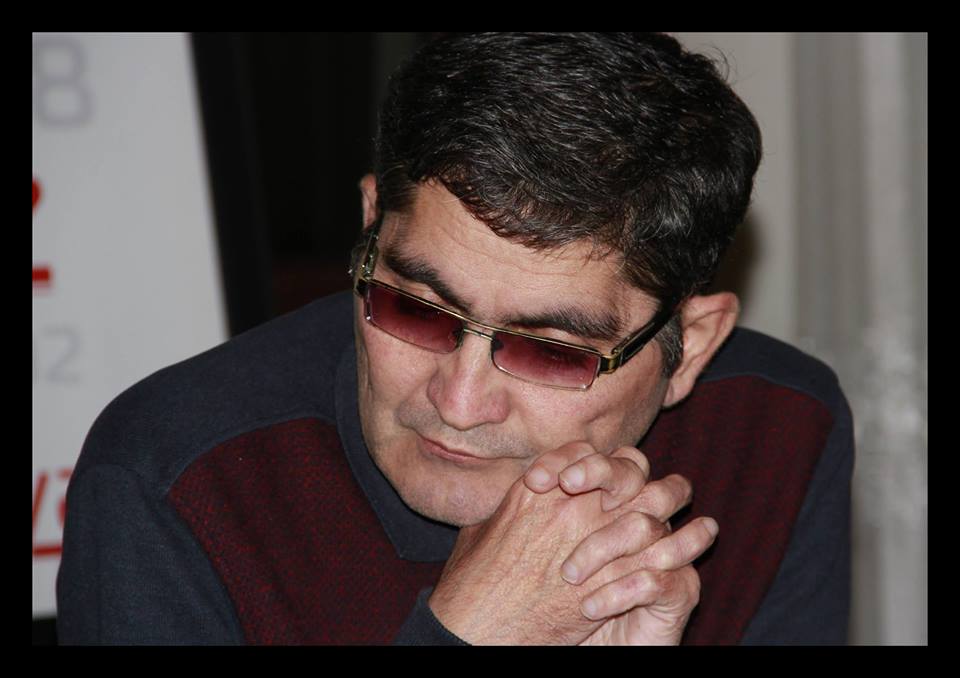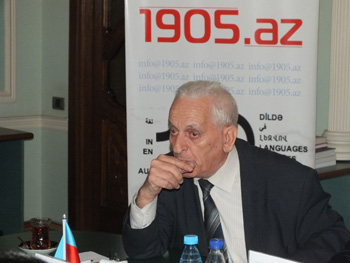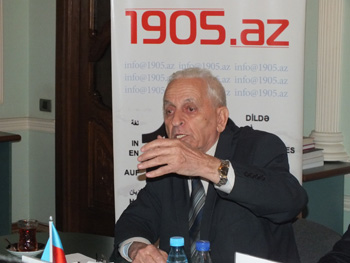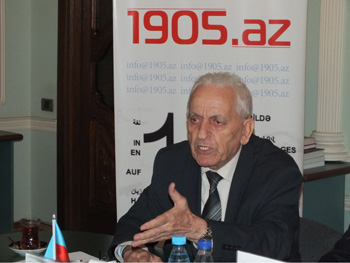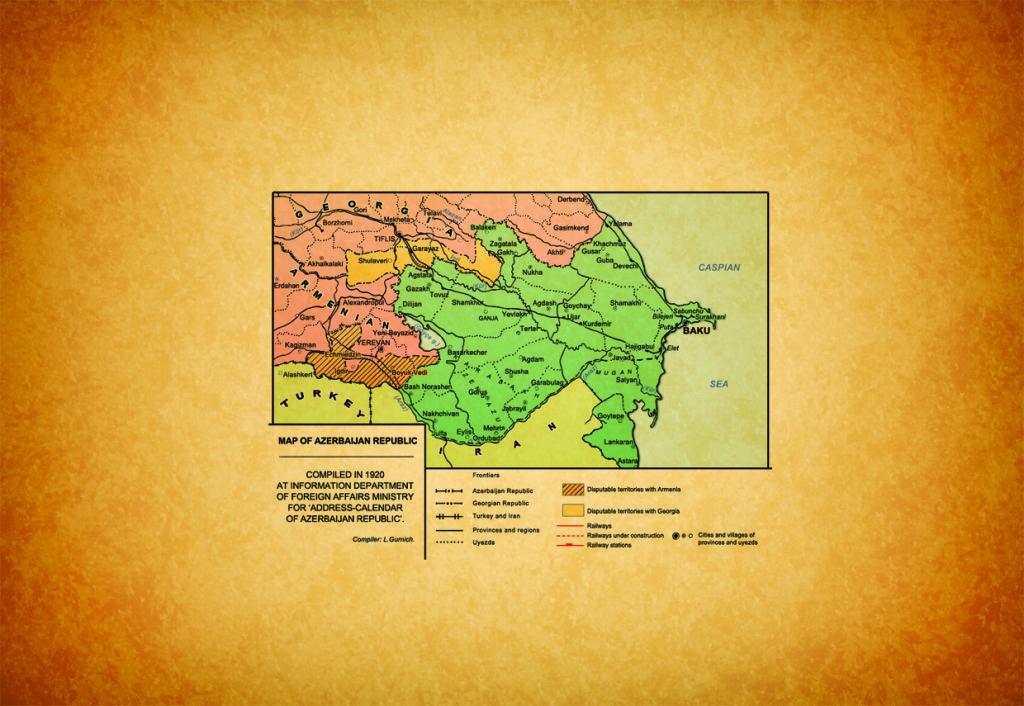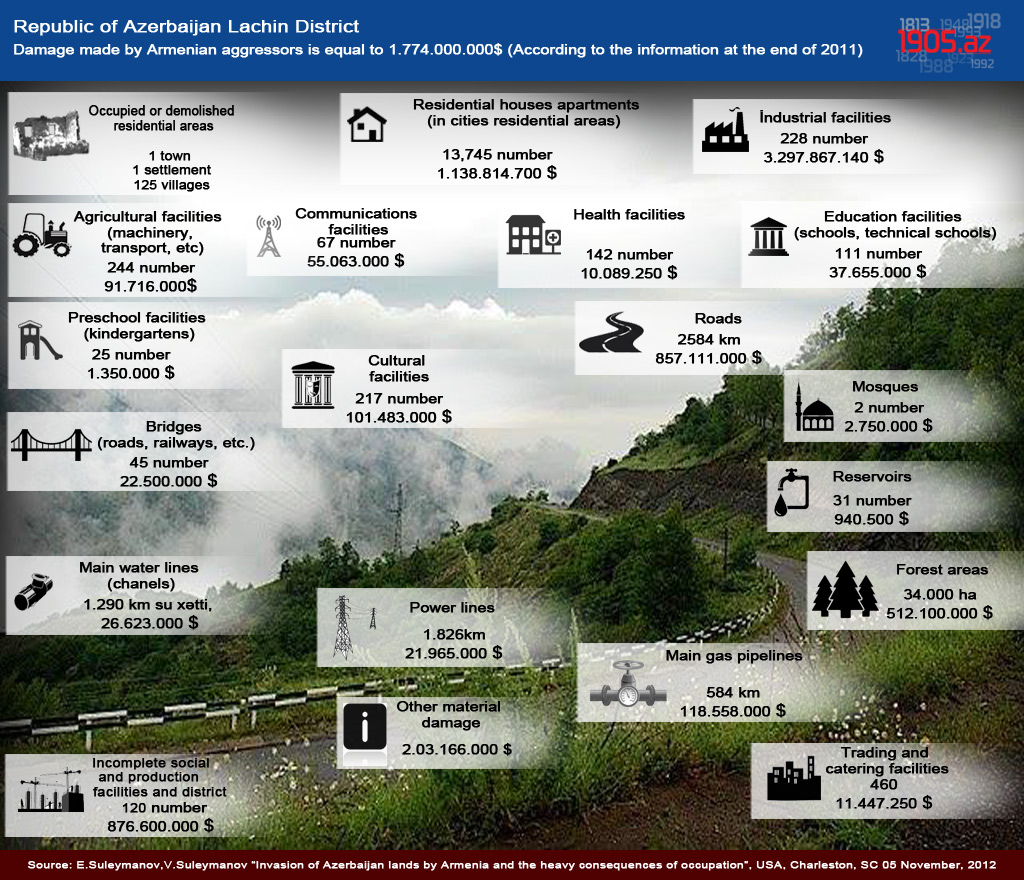Distinguished Mr. President! Dear friend!
I would like to express my deep concern related to the lack of progress in the settlement of the Armenian-Azerbaijani conflict. The territorial integrity of Azerbaijan, as before, remains violated, while 20% of the Azerbaijani lands are still under the occupation of the Armenian armed forces and one million Azerbaijani refugees violently driven out of their native lands have been exposed to hard deprivations for five years. The UN Security Council resolutions 822, 853, 874 and 884 demanding the unconditional withdrawal of the Armenian armed forces from the occupied territories are not fulfilled.
As known, the Minsk Group of OSCE was instituted with the purpose of the peaceful resolution of the conflict in May 1992 and the mandate for the future peace conference was determined. At the conference, Armenia and Azerbaijan were recognized as conflicting parties, the Azerbaijani and Armenian communities of Nagorno-Karabakh as the interested parties. Nevertheless, the aggression of the Republic of Armenia launched against Azerbaijan in 1988, continued and seven more districts of Azerbaijan around the Nagorno-Karabakh were occupied.
Many efforts have been made over past seven years for creating an effective process of negotiations within the framework of the Minsk Group. However, because of the destructive position of the Republic of Armenia, the negotiations constantly were deadlocked and did not produce any positive results.
As a result of our efforts on the peaceful solution of the conflict and support of the Minsk Group to these efforts, in May 1994, we achieved a cease-fire, which has been lasting ever since. The decision adopted in Budapest summit of OSCE in December 1994 on the creation of multinational forces to station in the region and ensure the elimination of the consequences of the armed conflict following the signature of a peace treaty, as well as the decision adopted in the Lisbon Summit of OSCE in December 1996 defining the international legal basis for the settlement of the conflict can be considered an extremely important political achievement for the fair solution of the Armenian-Azerbaijani conflict. However, because of the obstruction continued by the Republic of Armenia and inability of OSCE to persuade her, the decisions of the summits have not been fulfilled.
As you know, on June 1, 1997, the co-chairs of the Minsk Group – Russia, the USA and France submitted a draft of an all-round agreement based upon the Lisbon principles for the solution of the conflict and comprises – cease of the armed conflict and definition of the Nagorno-Karabakh status. The Azerbaijani side accepted the proposals of the co-chairs, while Armenia rejected them. Armenia, not wishing to recognize the territorial integrity of the Republic of Azerbaijan and making excuses on inadmissibility of determination of the Nagorno-Karabakh status in the preliminary stage prior to the Minsk conference, turned down the proposals of the co-chairs. By the way, it should be noted that at the famous meeting in Denver, USA on June 20, 1997, the presidents of Russia, the USA and France expressed their support to the proposals in a special statement.
On September 19, 1997, the Minsk Group co-chairs submitted a new proposal, the second one after the Lisbon summit, providing the settlement of the conflict by stages. According to the proposal, at the first stage, it was intended to liberate six occupied districts, with the exception of Lachin, located outside the administrative borders of the former Nagorno-Karabakh Autonomous Province of Azerbaijan, to carry out the operation of OSCE on protection of peace, to return refugees to the liberated territories, also to restore the communications of Armenia and Armenia-occupied Nagorno-Karabakh, destroyed as a result of the war and which are necessary for the activity of life. Then at the second stage, following the elimination of the consequences of the armed confrontation, the parties were to determine the status of Nagorno-Karabakh as an integral part of the Republic of Azerbaijan and taking measures for its security.
On October 10, 1997 in Strasbourg, Azerbaijan and Armenia agreed to continue the process of negotiations on the basis of proposals dated on September 19, 1997, at the level of presidents of two countries, which enabled us to hope for the success of the process of negotiations for achievement of a fair settlement of the conflict. However, the opportunity to continue the negotiations on the fair basis failed following the resignation of the President of Armenia Levon Ter-Petrosyan and toughening of the position of the new leadership of Armenia.
After a long break, the representatives of the Minsk Group co-chairs, probably, wishing to revive the negotiation process, on November 9, 1997, made the third proposal that disappointed the Azerbaijani party very much and did not provide an opportunity to continue the negotiations. This proposal was based upon an idea of “the common state” not existing in the world practice and it was nothing but the deviation from the former position and principles confirmed by two summits of OSCE. This proposal was actually to separate Nagorno-Karabakh as a state territorial structure in the form of republic and grant it an equal status with Azerbaijan within the framework of the so-called common state. The reference to the establishment of the common state within the internationally recognized borders of Azerbaijan actually violates the sovereignty and territorial integrity of Azerbaijan instead of guaranteeing them.
I think that rash actions of mediators, certainly, have caused serious damage to the settlement process and obstacle of it. It causes deep concern, in particular because as we have repeatedly declared that, the Russian Federation continues to arm the Republic of Armenia strenuously. Sending planes MIG – 29 and rockets C-300 to Armenia after the illegal transfer of weapons worth one billion US dollars is a clear proof of that.
In my opinion, unless the co-chairs display determination and the heads of the USA, Russia and France take active measures, it is impossible to reach a fair settlement of the Armenian-Azerbaijani conflict. The adherence to the three principles voted for by 53 states at the Lisbon summit is of special significance.
Distinguished Mr. President, taking all this into account, I apply to you as a co-chair of the Minsk Group of OSCE and insistently request to strengthen your personal activity, and also the work of the foreign policy department of your country for the prompt settlement of this tightened conflict, which still continues and remain as a source of serious danger to peace and stability in Europe, on the basis of the principles of the Lisbon summit.
Sincerely yours,
Heydar Aliyev,
the President of the Republic of Azerbaijan.

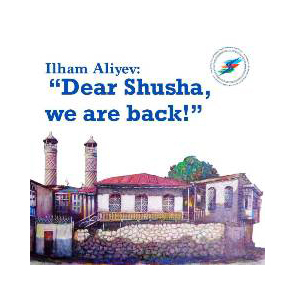

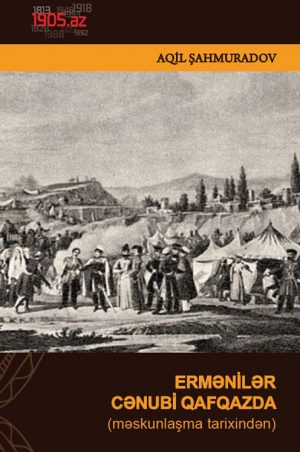





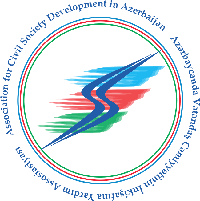
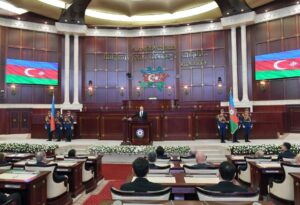 Inauguration ceremony of President of Azerbaijan Ilham Aliyev was held
Inauguration ceremony of President of Azerbaijan Ilham Aliyev was held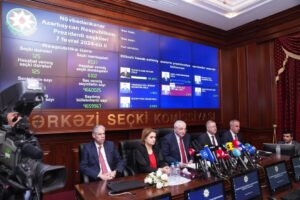 Ilham Aliyev wins presidential election with 92.05 percent of votes VIDEO
Ilham Aliyev wins presidential election with 92.05 percent of votes VIDEO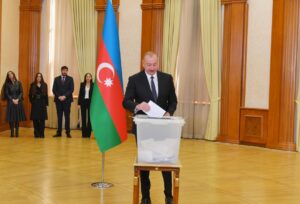 President Ilham Aliyev, First Lady Mehriban Aliyeva and family members voted in Khankendi VIDEO
President Ilham Aliyev, First Lady Mehriban Aliyeva and family members voted in Khankendi VIDEO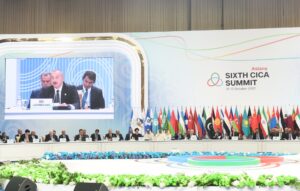 Plenary session of 6th Summit of Conference on Interaction and Confidence Building Measures in Asia gets underway in Astana. President Ilham Aliyev attends the plenary session VIDEO
Plenary session of 6th Summit of Conference on Interaction and Confidence Building Measures in Asia gets underway in Astana. President Ilham Aliyev attends the plenary session VIDEO President Ilham Aliyev was interviewed by Azerbaijani TV channels in Prague VIDEO
President Ilham Aliyev was interviewed by Azerbaijani TV channels in Prague VIDEO



